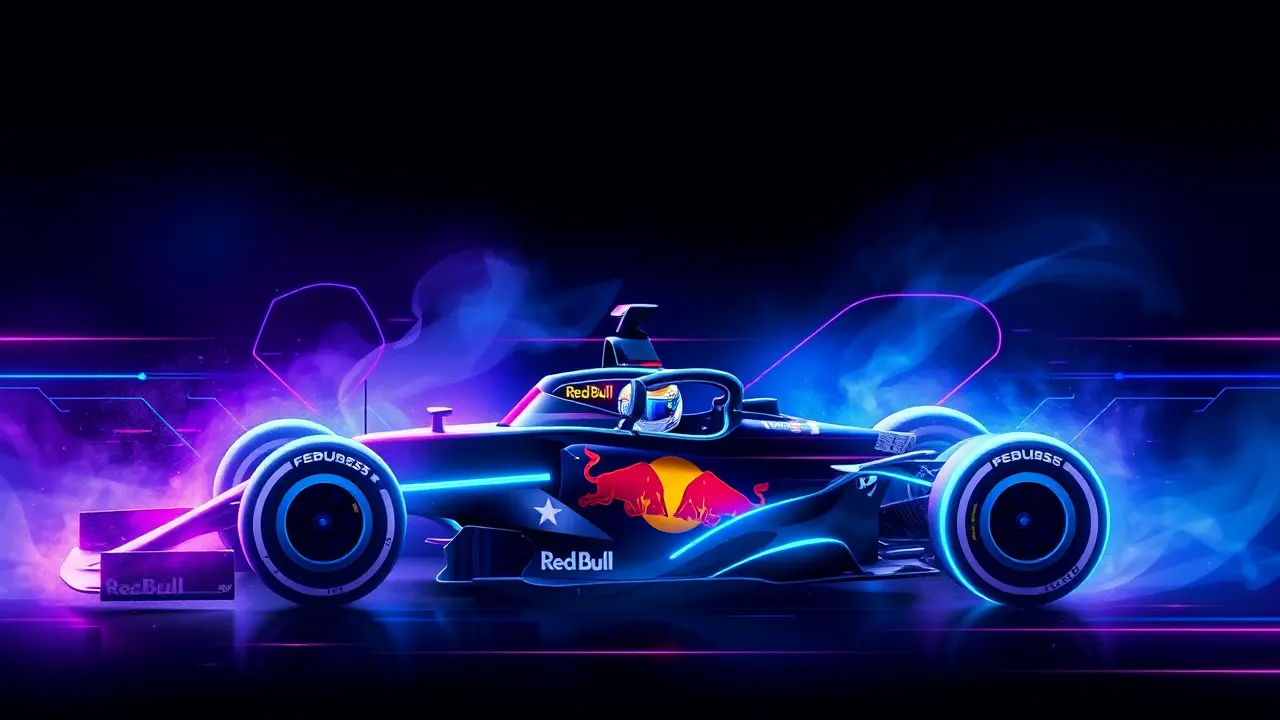Jamie Chadwick on Isack Hadjar's potential Red Bull move.
Jamie Chadwick, the three-time W Series champion and Sky Sports pundit, has thrown a spotlight on the high-stakes gamble facing Isack Hadjar, with his potential promotion to Red Bull Racing feeling less like a career milestone and more like walking into the Colosseum to face Max Verstappen, the modern-day gladiator of Formula 1 whose dominance is so absolute it has systematically dismantled the confidence and pace of every teammate who has dared share the garage. Chadwick’s analysis cuts to the heart of the existential crisis within the Red Bull driver development program: they are desperately searching for the next superstar, a driver who can not only withstand the immense pressure of being Verstappen’s teammate but can also thrive, yet their recent history reads like a cautionary tale of promising careers stunted by the sheer force of that comparison.We’ve seen it play out with Pierre Gasly, a driver of immense talent who was unceremoniously demoted back to Toro Rosso (now Racing Bulls) after a brutal half-season, and again with Alex Albon, who struggled to extract the same performance from the car and has since rebuilt his reputation elsewhere; even the experienced Sergio Perez, a multiple Grand Prix winner, has found himself in a perpetual cycle of boom and bust, his form oscillating wildly as he grapples with a car seemingly engineered for Verstappen’s unique, aggressive driving style. This isn't just about speed; it's a fundamental, almost philosophical challenge.The second Red Bull seat has become one of the most scrutinized and psychologically demanding positions in all of sports, a role that requires a driver to be close enough to support the team’s constructors' championship ambitions but not so close as to disrupt the established hierarchy, a nearly impossible balancing act. For Hadjar, whose performances with the Racing Bulls have rightly put him in this conversation, the leap would be monumental.It’s the difference between being a promising prospect and being thrust onto the main stage opposite a driver who is rapidly cementing his legacy among the all-time greats, a Senna or Schumacher for the modern era. Chadwick rightly points out that if Hadjar can somehow crack the code, if he can step into that cauldron and deliver the consistent, high-level performances Red Bull craves, he could secure his future at the pinnacle of the sport for a generation.But the ‘if’ is everything. The alternative is a fate that has befallen others: being chewed up by the relentless Red Bull machine, your confidence shattered, your market value diminished, and your name added to the list of ‘what could have been’.This potential move is therefore about more than just a driver change; it’s a critical test of Red Bull’s entire philosophy. Their junior program, once the envy of the paddock for producing Sebastian Vettel and Daniel Ricciardo, is now under the microscope.Is it still capable of nurturing a driver who can genuinely challenge at the very front, or has it become a system that produces capable number two drivers? The promotion of Hadjar would be a bold statement, a belief that they have finally found their man. Yet, it also exposes the precarious pipeline; as Chadwick notes, if Hadjar moves up, the well of ready-made talent for the Racing Bulls seat suddenly looks shallow, forcing the team to scout ever more aggressively for the next diamond in the rough.This entire scenario is a fascinating microcosm of Formula 1’s ruthless Darwinism, where talent is only half the battle and mental fortitude is the ultimate differentiator. For Hadjar, the opportunity is the dream of every young driver, but the shadow of history looms large, a reminder that in the high-speed, high-pressure world of Red Bull Racing, potential is only valuable if it can survive the fire.
It’s quiet here...Start the conversation by leaving the first comment.
© 2025 Outpoll Service LTD. All rights reserved.
